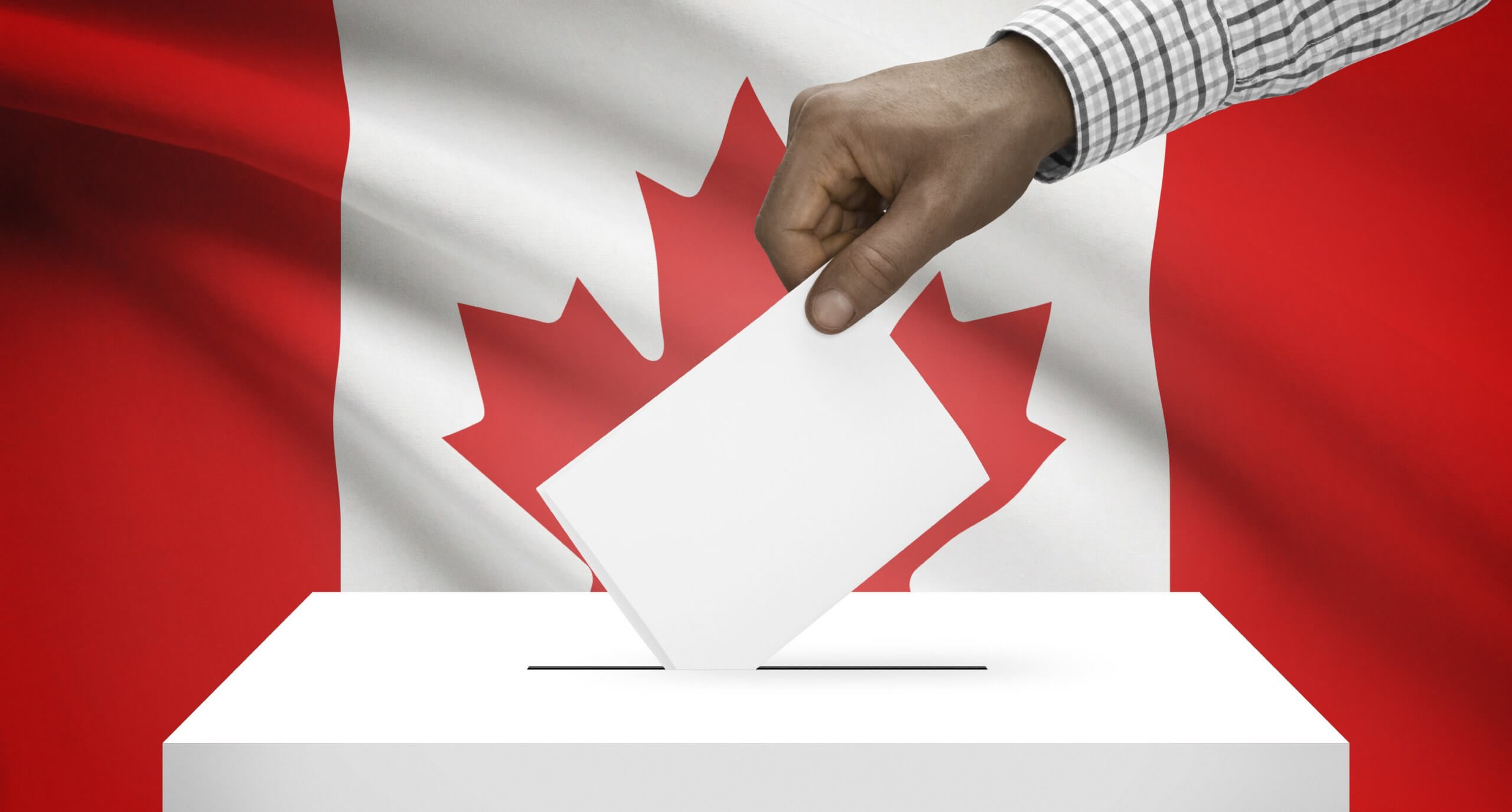In context: All the news of election meddling has Canada worried that other countries will try to influence its 2019 federal elections through online advertising. In preparation for that, it passed legislation requiring online platforms to make a registry for political ads.
Due to new Canadian political advertising laws, Google Canada will not be allowing political ads on its AdEx platform during the country's upcoming federal elections. In December of last year, lawmakers passed a bill requiring online services to monitor and keep a record of all "partisan" ads shown either directly or indirectly.
According to the search giant, the rules are too difficult to implement under its current system of advertising. Google had asked legislators last year to amend parts of the bill so that it could comply, but those requests went denied.
The problem with the law for Google is that its current AdEx platform of real-time ad bidding does not allow a way for it to monitor the process. The whole system is automated. Web pages put space up for auction, and the highest bidding advertisement is placed in about two-tenths of a second with no human intervention.
With only a few months to come up with a different system, Google has decided that complying with the law is too much work.
"Even if [we] include all advertising from designated groups in [a] registry (which would be over inclusive), [the] broad definition of '[partisan] election advertising' and potential liability for error will make this extremely challenging," Google warned before the law was passed.
"We've come to the decision that the best way for Google to comply with the Elections Act in the 2019 election cycle is actually to stop accepting elections ads as defined in the legislation," Google Canada's Head of Public Policy and Government Relations Colin McKay told The Globe and Mail. "It is painful for us, [but] this isn't a negotiating tactic. We're four months out from the period prescribed in legislation."
It is easier for Google to block ads than to create a whole new system to comply with one country's rules. It will only have to modify its current ad policies to have the system detect and exclude any ads that fall into the category of Canada's ad registry regulations.
If the law only required Google to track candidates, there would be no issue. It already has a registry for tracking US candidates' ads. The problem is that the Canadian law also requires it to archive all "partisan ads," a category that is too vague to nail down.
"The challenge for us is that that definition (of partisan) is extremely broad," said McKay.
Canadian politicians are not entirely without options though. Facebook and Twitter are viable advertising platforms. Google also said it would not be blocking ads from any of its other services like YouTube. Political advertising will only be banned from the AdEx platform.
